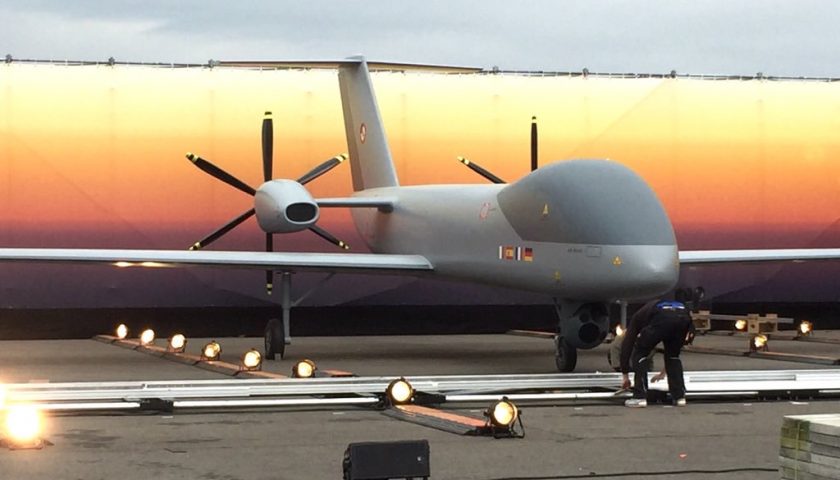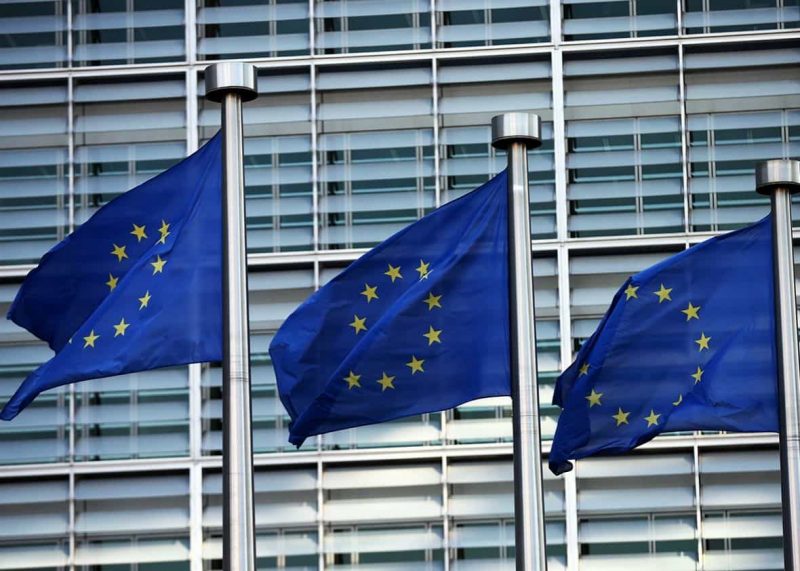European Structured Permanent Cooperation, or PESCO, is undoubtedly one of the major advances obtained in the field of La Défense within theEuropean Union. Launched in December 2017, it allows European industrialists and political actors to cooperate to develop new programs, whether they are purely technological or industrial, with the aim of avoiding the proliferation of similar programs within the European Union, and therefore expenses deemed irrelevant because redundant between members. The first list of projects was presented on March 6, 2018, and focused above all on support programs, in the field of training, simulation, intelligence or in the Cyber field. A second phase of the project was unveiled on November 19, 2018, and began to integrate more ambitious cooperations, such as the BLOS extended-range tactical missile or the MALE RPAS drone, better known under the name byEurodrone.
The third tranche, unveiled on November 12, 2019, further accentuated this ambitious operational dimension, with programs such as theEuropean Patron Corvette bringing together Italy, Greece, Spain and France, the MUSAS anti-submarine drone system bringing together Portugal, Spain, Sweden and France, or even the program TWISTER defense against new hypersonic and ballistic threats, piloted by France in which Germany, Spain, Italy, Finland and the Netherlands participate. Due to the COVID crisis, the 4th tranche was postponed for one year, and was published on November 16, 2021, bringing the total of programs to 63, and above all marking an acceleration of programs with an effective operational aim. Indeed, where the previous sections contained a majority of programs intended for training, cooperation or cyber, this new version gives pride of place to programs aimed at developing new generation combat equipment, or offering operational capabilities. inaccessible to European armies today.

Among the most notable programs of this 4th tranche, we can cite the very ambitious 4E program for Essential Elements of European Escort, which brings together Italy and Portugal under the leadership of Spain, and which aims to develop a system of systems making it possible to integrate all the components of the naval escort problem, ranging from the combat system to the navigation, and through the piloting of propulsion and the integration of new systems such as directed energy weapons or advanced cooperative engagement. The final objective of the program is to allow all European ships that will be equipped with it to cooperate at a level never before reached in the field of naval warfare, but also in the entire spectrum of electromagnetic, cyber engagement. , space etc. Still in the naval field, France, Latvia and Romania are supporting Estonia in the development of the Medium size Semi-Autonomous Surface Vehicle (M-SASV), a semi-autonomous medium surface vessel, which can be armed with a reduced crew but also operate independently if necessary, and which will be in charge of all coastal missions, such as anti-submarine or anti-submarine warfare. - ship, mine warfare, or intelligence, thanks to a system of onboard modules, like what the American LCS should have been.

75% of this article remains to read,
Subscribe to access it!
The Classic subscriptions provide access to
articles in their full version, and without advertising,
from 6,90 €.
Newsletter subscription
Register for the Meta-Defense Newsletter to receive the
latest fashion articles daily or weekly


Comments are closed.